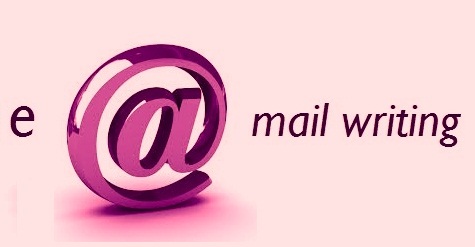Alternative Therapies
- Alternative Medicine
- Access Bars
- Access Body Processes
- Acupressure
- Acupuncture
- Akashic Records
- Ancestral Healing
- Ancient Magnetism
- Angel Healing
- Aromatherapy
- Aura Reading
- Ayurveda
- Bach Flower Remedies
- Breathwork
- Cosmetic Acupuncture
- Cosmic Connection
- Crystal Healing
- Cupping Therapy
- Emotional Freedom Technique (EFT)
- Energy Healing
- Energy Medicine
- Ergonomics
- Fengshui
- Face Reading
- Geopathic Stress
- Graphology Graphology
- Heal Your Life
- Ho'oponopono
- Hoodoo
- Holistic Solutions
- Holy Fire Reiki
- Homeopathy
- Hypnotherapy
- Intuitive Reading
- Jesus Reiki
- Jikiden Reiki
- Lama Fera
- Law of Attraction
- Manual Therapy
- Meditation
- Melchizedek Method
- Merlin Trinity Healing
- Motivational Counseling
- Mudra Healing
- Munay - Ki Rites
- Naturopathy
- Neuro Linguistic Programming (NLP)
- Numerology
- Panchakarma (Ayurveda)
- Panchkarma Holistic Healing - Mind Control
- Past Life Regression
- Pendulum Dowsing
- Physiotherapy
- Pranic Healing
- Pyramids
- Reiki
- Rudraksh
- Silva Mind Control Method
- Sujok therapy
- Tarot
- Tera MaiTM Seichem
- Tea Leaf Reading
- Theta Healing
- Twin Flame Healing
- Twin Hearts Meditation
- Unani Medicine
- Violet Flame Healing
- Yoga
- Wicca
- Womb Healing
Diseases & Conditions
- Acne & Pimples
- Allergies
- Arthritis
- Asthma
- Behavioural Disorders
- Dandruff
- Diabetes
- Emotional Problems
- Gallstones
- Gastritis
- Hairloss
- Heart Diseases
- Hormonal Problems
- Hypertension
- Immune Disorders
- Infections
- Infertility
- Jaundice
- Kidney Disorders
- Liver Disorders
- Menstrual Disorders
- Migraine
- Neck & Back Pain
- Obesity
- Osteoporosis
- Peptic Ulcer
- Prevention
- Prostate Problems
- Psoriasis
- Sexual Dysfunctions
- Sinusitis
- Sleep Disorders
- Skin Diseases
- Stress
- Thyroid Disorders
- Ulcerative Colitis
- Urinary Infections
General Wellness

Email Writing
Email writing has become an important way of modern communication, particularly in business. The biggest advantage of an e-mail is that we can send and receive email messages over great distances at an incredible speed. Email is cheaper and faster than a letter, less intrusive than a phone call.
When writing an e-mail you should think about the following:
- What makes email different from other ways of communication?
- Identification
- A meaningful subject line
- How much should be written in an email?
- Content
- Do spelling and grammar matter?
- Formal or informal tone?
- Greeting & Signatures
- Respond promptly
1. What makes email different?
In a letter, it is important to make everything completely clear because the receiver may not have a chance to ask for clarification. With email documents, your recipient can ask questions immediately.
2. Identification
When you send email, particularly to someone who doesn't know you, you should answer these questions:
- How did you learn of your correspondent?
- What do you want from your correspondent?
- Who are you?
- Why should your correspondent pay attention to you?
3. Write a meaningful subject line.
Recipients scan the subject line in order to decide whether to open, forward, file or trash a message. Remember - your message is not the only one in your recipient's mailbox! So make it informative.
4. How much should I write in an email?
Email is meant for quick, simple communication. People have a limited attention span with email - explain the main message in the shortest possible space. If they want more information, they can ask for it.
5. Content
Focus on the content of an email message: how to say what you need to say, how to be more efficient, clear and effective.
6. Do spelling and grammar matter in email?
Poor spelling and grammar show a lack of attention to detail and sends the wrong message about yourself and how you do business. Most email programs today have built-in spell checkers so there is no excuse!
7. Formal or informal tone
Distinguish between formal and informal situations. The informal tone encourages your correspondents to respond, give feedback.
8. Greetings and Signatures
Many people do not give either a salutation or a signature as it is difficult to separate an email message's body from its addressing information. The email message itself says who it is to and from.
But:
- you can write a greeting: Dear Mr. / Ms. / Mrs. / Miss + surname OR Dear + first name.
- you can use a signature; and if mail is business related write a phone number, a company name and your job title
9. Respond Promptly.
If you want to appear professional, be available to your online correspondents. Even if your reply is," Sorry, I'm too busy to help you now," and your correspondent won't wait for your reply.


